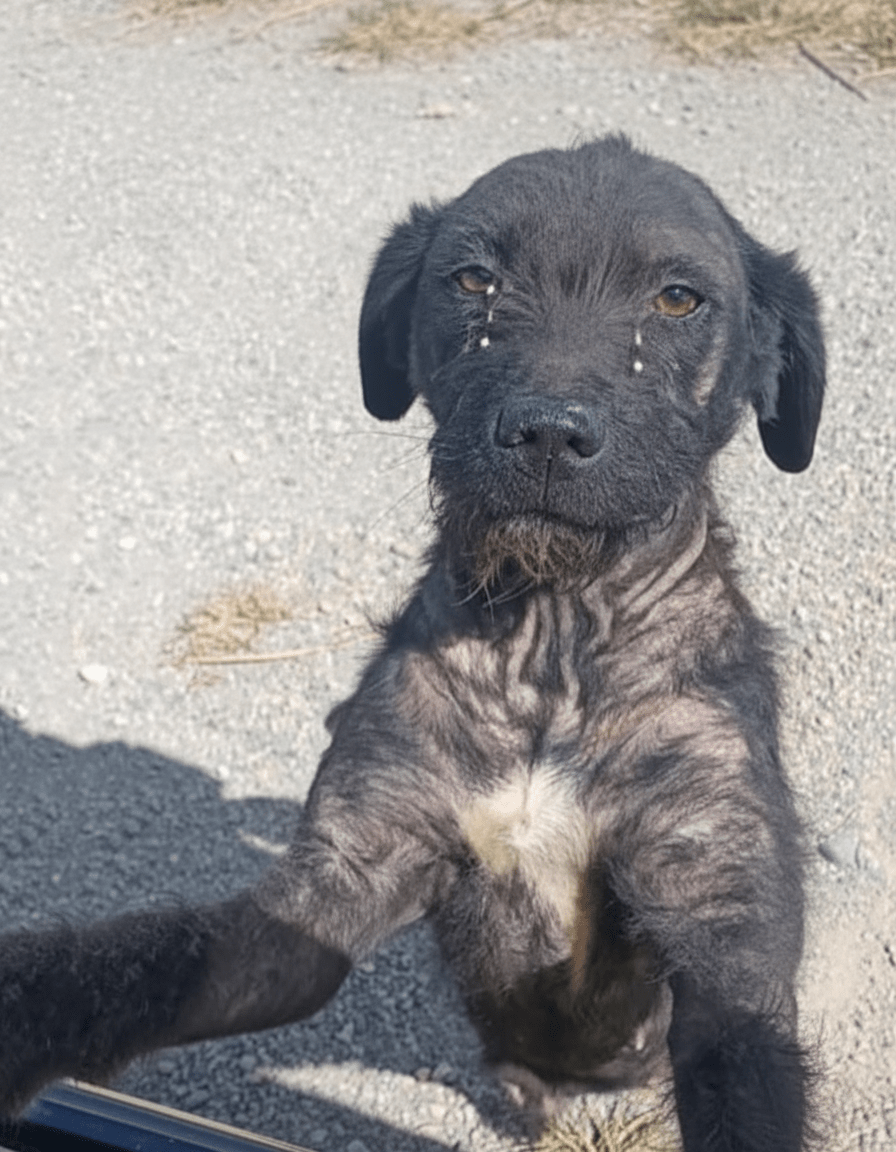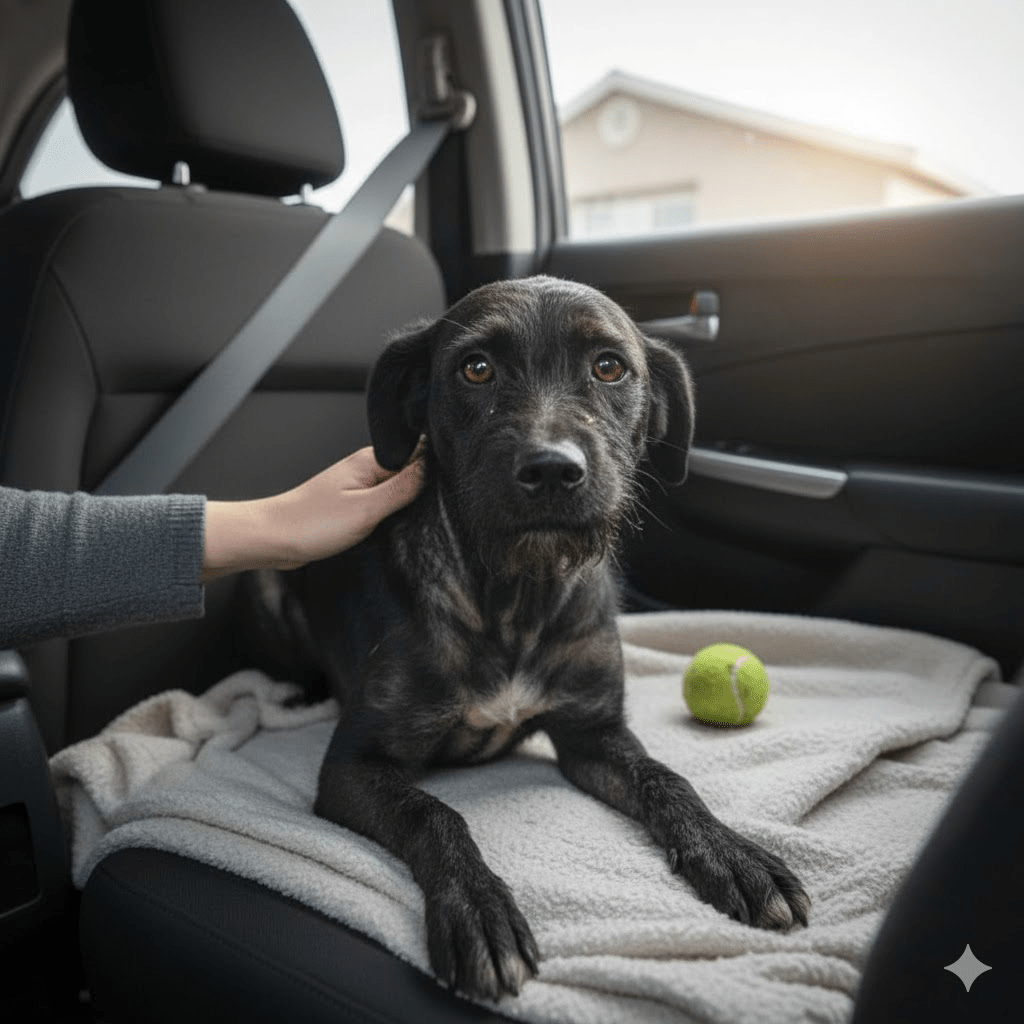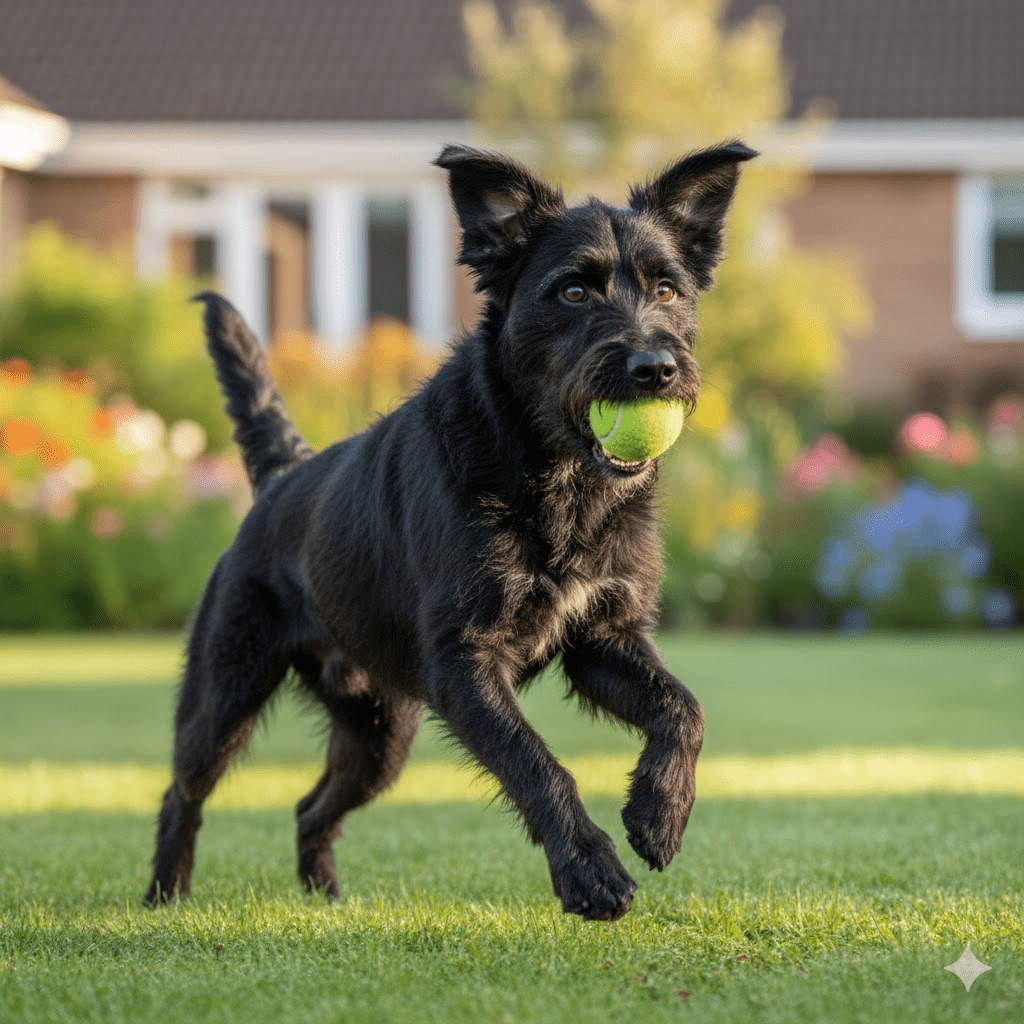The desolate stretch of road shimmered under the unforgiving sun, a testament to neglect and indifference. It was there, amidst the dust and silence, that we first encountered her—a skeletal figure, barely distinguishable from the parched earth. Her frame was a harrowing map of protruding bones, her fur a patchy, scabbed landscape, evidence of a relentless struggle against the elements and an unknown past. Yet, as our car approached, a flicker of something extraordinary ignited in her eyes. Despite her profound weakness, she managed to hoist herself up, stumbling towards us with a desperate urgency, her gaze locked on ours, a silent, profound plea echoing in the stillness: “Please… Don’t leave me! I want to live!” It was a moment etched into our souls, the raw, primal cry of a being clinging to the slimmest thread of hope. This was not just an animal; this was Victoria, and her story, unbeknownst to us then, was about to unfold with a series of twists that would challenge our perceptions of resilience, compassion, and the enduring power of a second chance.

Even as her emaciated body trembled, a surprising gentleness emanated from her. There was no aggression, no fear-induced snarl, only an overwhelming desire for connection. We offered her water, which she lapped with a desperate thirst, and then a small portion of food. The way she ate, slowly yet deliberately, as if savoring every morsel, spoke volumes of her prolonged deprivation. We decided to name her Victoria, a tribute to the indomitable spirit she displayed, a tiny beacon of defiance against the harsh hand fate had dealt her. But the challenges were far from over; as we tried to coax her into the car, she hesitated, a flicker of past trauma perhaps, before finally, with a soft nudge, she surrendered to our care. This initial breakthrough, however, was just the beginning of a complex journey.

The immediate assessment at the veterinary clinic revealed the true extent of her suffering. Her skin was severely compromised by sarcoptic mange, leading to widespread hair loss and incessant itching. Dehydration, anemia, and malnutrition were evident, painting a bleak picture of her internal state. The vet, a seasoned professional, prepared us for a long and uncertain road ahead. “She’s very fragile,” he cautioned, “and her immune system is severely compromised. We can try, but there are no guarantees.” This stark honesty was a difficult blow, yet as Victoria, despite her discomfort, managed a weak tail wag and licked the hand of the vet tech, it reignited our resolve. The fight, it seemed, was far from over, and Victoria herself was leading the charge.

What followed was an intensive regimen of treatment: medicated baths to soothe her tormented skin, a nutrient-rich diet to rebuild her strength, and a cocktail of medications to combat infections and parasites. Every day presented a new challenge; some days she seemed to rally, her appetite returning with vigor, while others saw her lethargy return, casting a shadow of doubt over her recovery. There was a particularly alarming evening when her breathing became labored, and we rushed her back to the emergency vet, fearing the worst. The diagnosis was pneumonia, a cruel complication, but another twist of fate meant early detection, allowing for aggressive treatment. This near-miss only deepened our bond, reinforcing the incredible fragility of her existence and the immense courage she possessed.

Victoria’s transformation, initially slow, gradually became astounding. With each passing week, a soft downy fur began to replace the raw, irritated skin. Her eyes, once dulled by pain, now sparkled with life and an almost mischievous intelligence. A particular turning point was when we introduced her to a tennis ball. At first, she merely sniffed it, unfamiliar with the concept of play. Then, one crisp morning, she nudged it with her nose, and in a flash, the game was on. Her newfound energy was boundless, chasing the ball with an enthusiasm that belied her past. It was a clear signal: Victoria was not just surviving; she was thriving.







